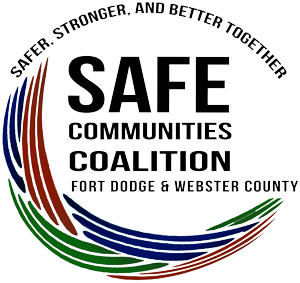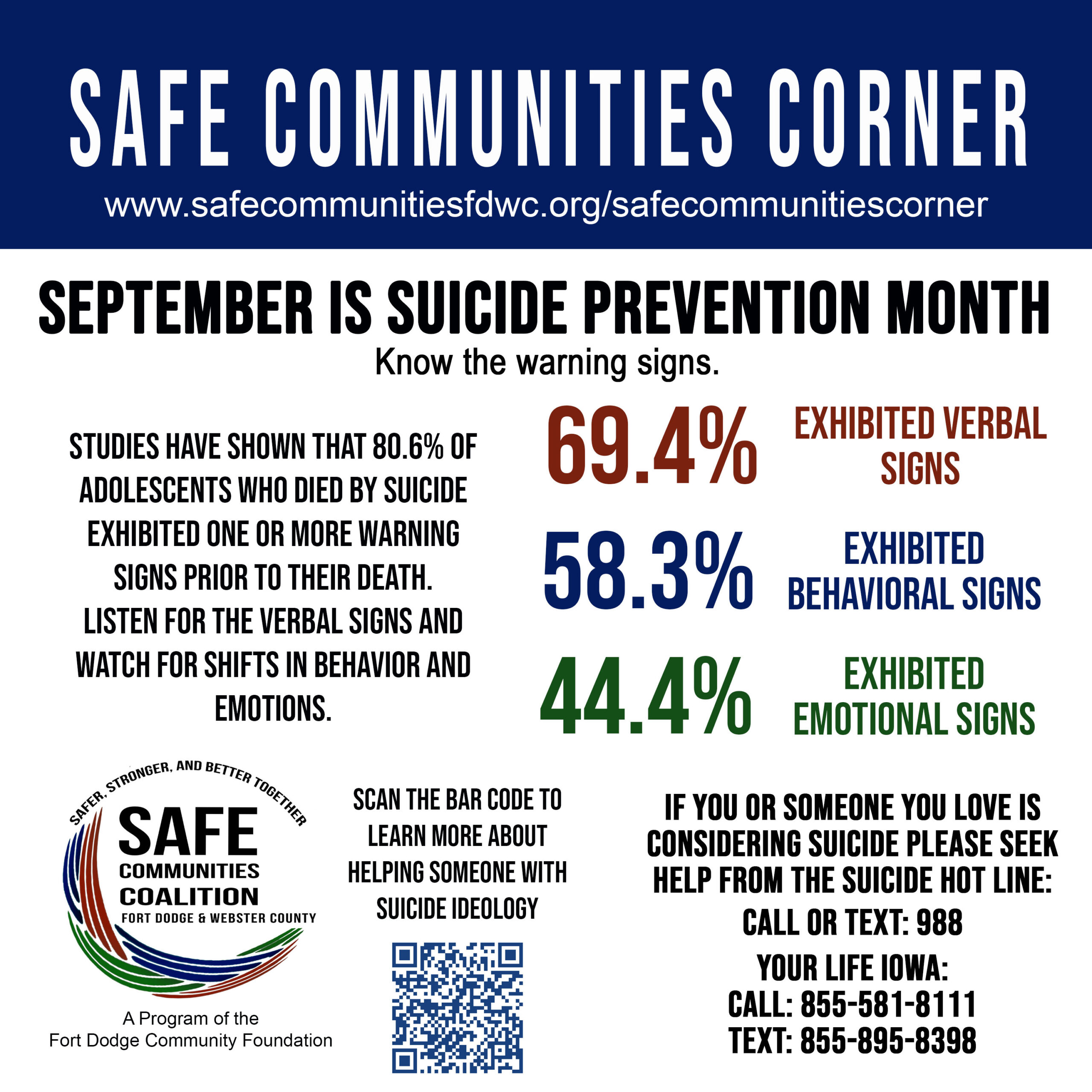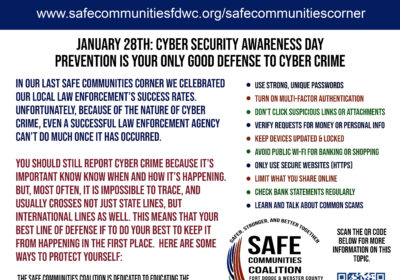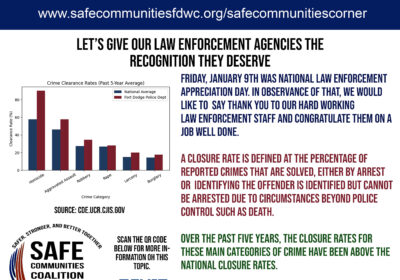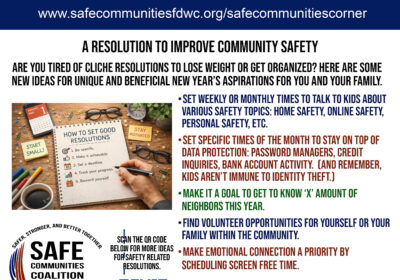September is Suicide Prevention Month: Know the Warning Signs
Every September, communities across the country come together to raise awareness for suicide prevention. It’s a time to learn, share, and take action to save lives. Suicide is preventable, and one of the most powerful steps we can take is to recognize the warning signs and reach out to those in need.
Research shows that 80.6% of adolescents who died by suicide exhibited one or more warning signs prior to their death. By paying attention to shifts in verbal cues, behaviors, and emotions, we can offer support early and potentially prevent a tragedy.
Verbal Warning Signs (69.4% exhibited these)
Sometimes, the most direct clues come from what a person says. Warning signs include:
Talking about wanting to die or kill themselves
Expressing feelings of hopelessness or having no reason to live
Saying they feel like a burden to others
Making jokes or casual comments about suicide
Talking about unbearable pain or having no way out
Behavioral Warning Signs (58.3% exhibited these)
Changes in actions and daily routines can be strong indicators of inner struggle. Watch for:
Withdrawing from friends, family, and activities once enjoyed
Giving away prized possessions
Increased use of alcohol or drugs
Reckless or self-destructive behaviors
Significant changes in sleeping or eating patterns
Searching online for methods of self-harm
Emotional Warning Signs (44.4% exhibited these)
Shifts in mood and emotional health can signal serious risk. Some common emotional signs include:
Intense sadness, depression, or persistent anxiety
Sudden mood swings—going from very sad to suddenly calm or happy
Extreme irritability, anger, or rage
Feelings of guilt, shame, or worthlessness
Loss of interest in the future
What You Can Do
If you notice any of these warning signs in someone you care about, don’t ignore them. Start a conversation. Express your concern with compassion and without judgment. Let them know they are not alone, and encourage them to seek professional help.
Crisis Resources
Suicide & Crisis Lifeline: Call or text 988
Your Life Iowa: Call 855-581-8111 or Text 855-895-8398
Together, we can build stronger, safer communities by recognizing the warning signs and being a source of hope.
